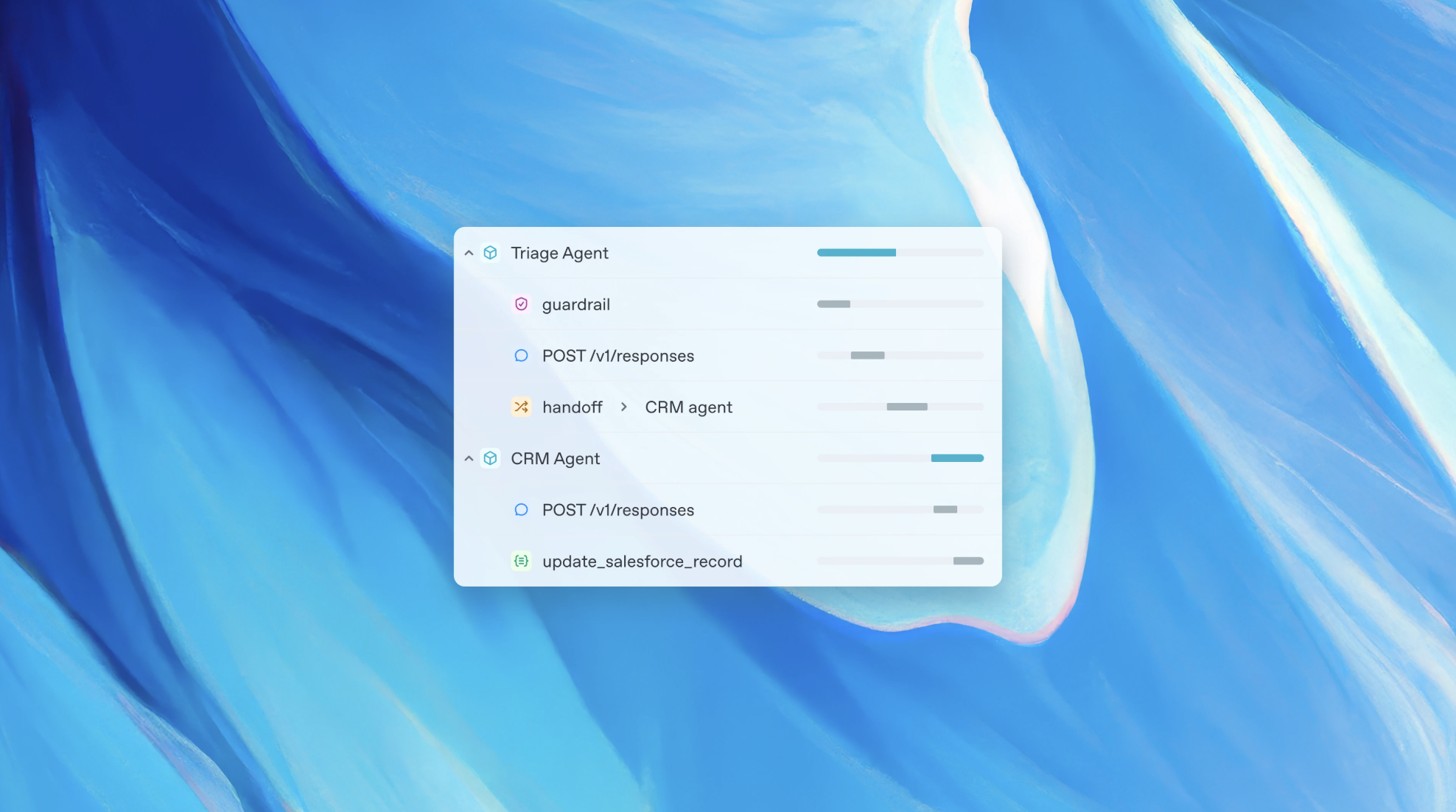Use Cases
OpenAI Agents SDK
Building agents with the OpenAI Agents SDK and Pica MCP
 This document demonstrates how to integrate the Pica MCP server with OpenAI’s Agents SDK.
This document demonstrates how to integrate the Pica MCP server with OpenAI’s Agents SDK.
GitHub Repository
@picahq/awesome-pica
Check out our GitHub repository to explore the code, contribute, or raise issues.

